- myFICO® Forums
- Types of Credit
- Credit Cards
- AMEX Minimum Payment with Cashback
- Subscribe to RSS Feed
- Mark Topic as New
- Mark Topic as Read
- Float this Topic for Current User
- Bookmark
- Subscribe
- Mute
- Printer Friendly Page
AMEX Minimum Payment with Cashback
Is your credit card giving you the perks you want?
Browse credit cards from a variety of issuers to see if there's a better card for you.
- Mark as New
- Bookmark
- Subscribe
- Mute
- Subscribe to RSS Feed
- Permalink
- Report Inappropriate Content
AMEX Minimum Payment with Cashback
I'm redeeming cashback on my blue cash card this month, and once I redeem it, I will owe less than what the minimum payment is. So when I pay off the remaining balance, I will not have paid enough to match the minimum payment, but the balance will be zero. I assume this is fine, but I didn't want to risk getting a late payment fee for not making the minimum payment so I asked AMEX chat. They said that I would get the late fee.
I think that the CSR is wrong, but I don't want to risk my perfect payment history to find out. I just went ahead and paid the statement balance, and will let my cashback redemption result in them owing me money on the next statement.
To better illustrate the point, here's some numbers:
Statement balance: $50
Minimum payment: $35
Cashback redemption: $30
So when I redeem the cashback, I'll only have $20 left on the statement balance, which is less than the $35 minimum payment. I don't think it should matter because when I pay the $20 the end result is a zero balance, but can anyone confirm that the CSR is wrong in this instance?
























- Mark as New
- Bookmark
- Subscribe
- Mute
- Subscribe to RSS Feed
- Permalink
- Report Inappropriate Content
Re: AMEX Minimum Payment with Cashback
So, hypothetically, if you were to have any existing transactions in the current, non-billed statement, those would be offset by the statement credit.
- Mark as New
- Bookmark
- Subscribe
- Mute
- Subscribe to RSS Feed
- Permalink
- Report Inappropriate Content
Re: AMEX Minimum Payment with Cashback
Personally, I think that the CSR is wrong.
I would be interested in hearing what others have to say...
- Mark as New
- Bookmark
- Subscribe
- Mute
- Subscribe to RSS Feed
- Permalink
- Report Inappropriate Content
Re: AMEX Minimum Payment with Cashback
@FinStar wrote:
AFAIK, the cashback redemption applies to the current statement cycle, not the previous one.
So, hypothetically, if you were to have any existing transactions in the current, non-billed statement, those would be offset by the statement credit.
I agree with FinStar that this is more likely to be the way credits are handled. Other lenders like Discover will apply cash back to your account and it will count toward any payment due. Amex is issuing you a credit on your currently open statement period, which ends 25 days prior to your next due date. Average Consumer wouldn't go 25 days on their card without making additional purchases, so in most scenarios this wouldn't really be an issue. But my guts tells me that you would still need to pay the minimum amount due to avoid a late penalty, and you would need to pay the statement balance in full in order to avoid accruing interest and losing your grace period on new purchases.
Assuming you have time prior to the due date, the easiest way to tell this for sure would be to let the credit post and then look on your account to see what numbers appear for "minimum payment due" and "remaining statement balance."
- Mark as New
- Bookmark
- Subscribe
- Mute
- Subscribe to RSS Feed
- Permalink
- Report Inappropriate Content
Re: AMEX Minimum Payment with Cashback
@dlister70 wrote:I'm redeeming cashback on my blue cash card this month, and once I redeem it, I will owe less than what the minimum payment is. So when I pay off the remaining balance, I will not have paid enough to match the minimum payment, but the balance will be zero. I assume this is fine, but I didn't want to risk getting a late payment fee for not making the minimum payment so I asked AMEX chat. They said that I would get the late fee.
I think that the CSR is wrong, but I don't want to risk my perfect payment history to find out. I just went ahead and paid the statement balance, and will let my cashback redemption result in them owing me money on the next statement.
To better illustrate the point, here's some numbers:
Statement balance: $50
Minimum payment: $35
Cashback redemption: $30
So when I redeem the cashback, I'll only have $20 left on the statement balance, which is less than the $35 minimum payment. I don't think it should matter because when I pay the $20 the end result is a zero balance, but can anyone confirm that the CSR is wrong in this instance?
When there's a minimum payment due, it has to be paid in money, not in cashback statement credits. Period.

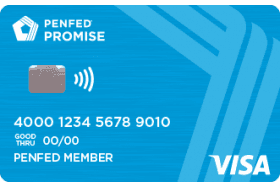









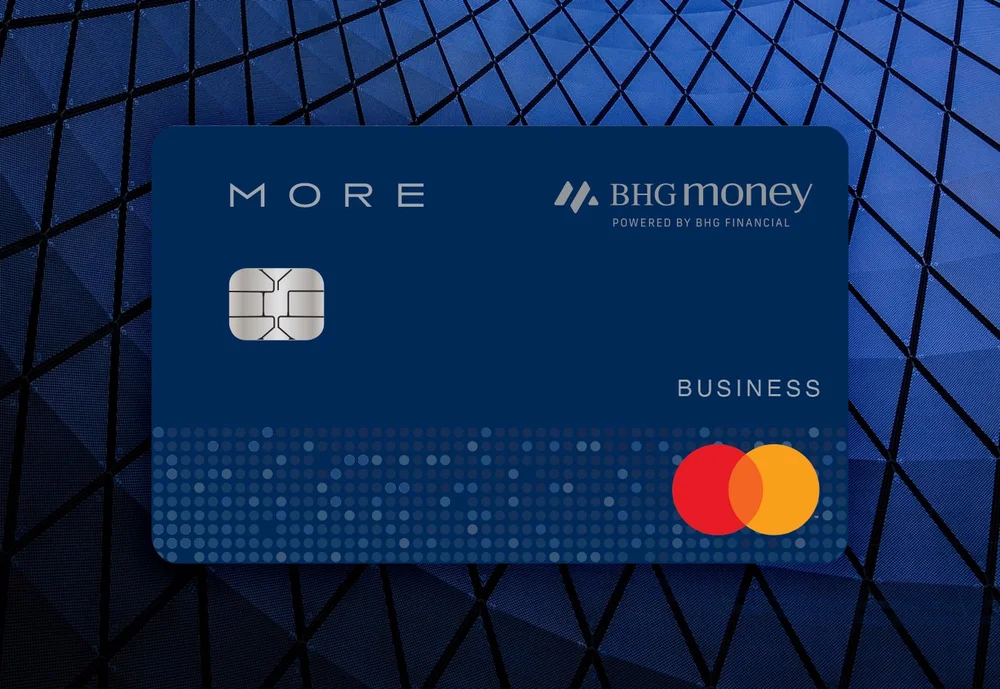







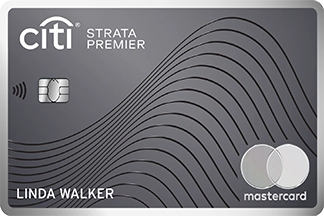











Total revolving limits 568220 (504020 reporting) FICO 8: EQ 689 TU 691 EX 682
- Mark as New
- Bookmark
- Subscribe
- Mute
- Subscribe to RSS Feed
- Permalink
- Report Inappropriate Content
Re: AMEX Minimum Payment with Cashback
@SouthJamaica wrote:
@dlister70 wrote:I'm redeeming cashback on my blue cash card this month, and once I redeem it, I will owe less than what the minimum payment is. So when I pay off the remaining balance, I will not have paid enough to match the minimum payment, but the balance will be zero. I assume this is fine, but I didn't want to risk getting a late payment fee for not making the minimum payment so I asked AMEX chat. They said that I would get the late fee.
I think that the CSR is wrong, but I don't want to risk my perfect payment history to find out. I just went ahead and paid the statement balance, and will let my cashback redemption result in them owing me money on the next statement.
To better illustrate the point, here's some numbers:
Statement balance: $50
Minimum payment: $35
Cashback redemption: $30
So when I redeem the cashback, I'll only have $20 left on the statement balance, which is less than the $35 minimum payment. I don't think it should matter because when I pay the $20 the end result is a zero balance, but can anyone confirm that the CSR is wrong in this instance?
When there's a minimum payment due, it has to be paid in money, not in cashback statement credits. Period.
If I owed $100, and redeemed $25 cashback.. then obviously I'd still need to pay at least $35 because I still owe more than the minimum payment. But when I only owe $20 left, it seems strange that they'd still want me to pay $35 and then turn around and credit me back $15 of it.
I mean, it's entirely possible that you are correct.. I'm asking because I don't know the answer. But if the minimum payment is more than the balance, I would think that paying the balance would be sufficient to not trigger a late payment. Again, I don't want to test this theory, and I'm just curious if anyone else has already tested it in the past to know the answer for certain.
























- Mark as New
- Bookmark
- Subscribe
- Mute
- Subscribe to RSS Feed
- Permalink
- Report Inappropriate Content
Re: AMEX Minimum Payment with Cashback
I knew that a statement had already generated whereby the redemption would not count per se, only for the current statement cycle. Since I PIF'd anyways and didn't have any upcoming transactions, I let the statement generate with the credit balance with the redemption and requested a refund. So, the CSR is correct. Up to you if you need more examples or would like to test your theory.
- Mark as New
- Bookmark
- Subscribe
- Mute
- Subscribe to RSS Feed
- Permalink
- Report Inappropriate Content
Re: AMEX Minimum Payment with Cashback
@dlister70 wrote:
@SouthJamaica wrote:
@dlister70 wrote:I'm redeeming cashback on my blue cash card this month, and once I redeem it, I will owe less than what the minimum payment is. So when I pay off the remaining balance, I will not have paid enough to match the minimum payment, but the balance will be zero. I assume this is fine, but I didn't want to risk getting a late payment fee for not making the minimum payment so I asked AMEX chat. They said that I would get the late fee.
I think that the CSR is wrong, but I don't want to risk my perfect payment history to find out. I just went ahead and paid the statement balance, and will let my cashback redemption result in them owing me money on the next statement.
To better illustrate the point, here's some numbers:
Statement balance: $50
Minimum payment: $35
Cashback redemption: $30
So when I redeem the cashback, I'll only have $20 left on the statement balance, which is less than the $35 minimum payment. I don't think it should matter because when I pay the $20 the end result is a zero balance, but can anyone confirm that the CSR is wrong in this instance?
When there's a minimum payment due, it has to be paid in money, not in cashback statement credits. Period.
If I owed $100, and redeemed $25 cashback.. then obviously I'd still need to pay at least $35 because I still owe more than the minimum payment. But when I only owe $20 left, it seems strange that they'd still want me to pay $35 and then turn around and credit me back $15 of it.
I mean, it's entirely possible that you are correct.. I'm asking because I don't know the answer. But if the minimum payment is more than the balance, I would think that paying the balance would be sufficient to not trigger a late payment. Again, I don't want to test this theory, and I'm just curious if anyone else has already tested it in the past to know the answer for certain.
Have you made any purchases on this card since your last statement cut? To not make the entire min payment your current account balance (not last statement blance) must be a zero. In your example after your cash back credit you have a $20 balance left from the last statement. If you have made a $100.00 purchase since your statment generated your account balance would be $120 and you would need to pay at least the min of $35. If you make NO purchases after your last statement generated and your current statment will close at a 0 balance then you would only need to pay the $20 to bring your account balance to 0.
Of course I could be completely wrong.



Current Scores







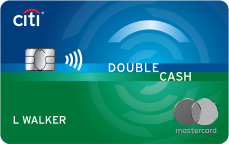

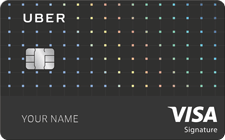
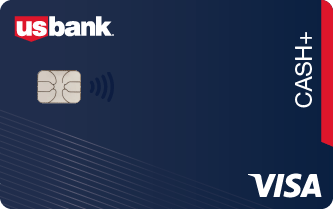

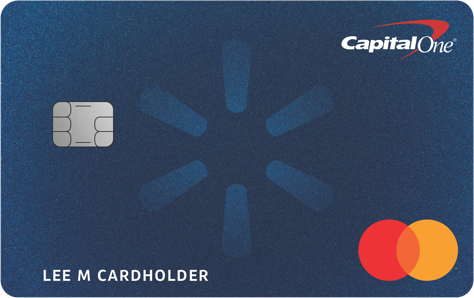
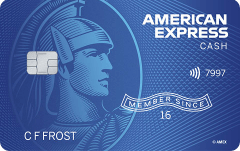
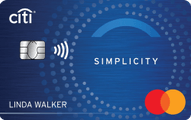


Garden Goal is All Reports Clean – Achieved 11/26/20

- Mark as New
- Bookmark
- Subscribe
- Mute
- Subscribe to RSS Feed
- Permalink
- Report Inappropriate Content
Re: AMEX Minimum Payment with Cashback
@dlister70 wrote:
@SouthJamaica wrote:
@dlister70 wrote:I'm redeeming cashback on my blue cash card this month, and once I redeem it, I will owe less than what the minimum payment is. So when I pay off the remaining balance, I will not have paid enough to match the minimum payment, but the balance will be zero. I assume this is fine, but I didn't want to risk getting a late payment fee for not making the minimum payment so I asked AMEX chat. They said that I would get the late fee.
I think that the CSR is wrong, but I don't want to risk my perfect payment history to find out. I just went ahead and paid the statement balance, and will let my cashback redemption result in them owing me money on the next statement.
To better illustrate the point, here's some numbers:
Statement balance: $50
Minimum payment: $35
Cashback redemption: $30
So when I redeem the cashback, I'll only have $20 left on the statement balance, which is less than the $35 minimum payment. I don't think it should matter because when I pay the $20 the end result is a zero balance, but can anyone confirm that the CSR is wrong in this instance?
When there's a minimum payment due, it has to be paid in money, not in cashback statement credits. Period.
If I owed $100, and redeemed $25 cashback.. then obviously I'd still need to pay at least $35 because I still owe more than the minimum payment. But when I only owe $20 left, it seems strange that they'd still want me to pay $35 and then turn around and credit me back $15 of it.
I mean, it's entirely possible that you are correct.. I'm asking because I don't know the answer. But if the minimum payment is more than the balance, I would think that paying the balance would be sufficient to not trigger a late payment. Again, I don't want to test this theory, and I'm just curious if anyone else has already tested it in the past to know the answer for certain.
No I have never tested it. But I read the "terms and conditions" and "disclosures" and the like, and they always say that the redemption does not apply towards the minimum payment due.
And guess what it says for your Amex Blue Cash Everyday card:
"You cannot use cash back to pay your Minimum Due."































Total revolving limits 568220 (504020 reporting) FICO 8: EQ 689 TU 691 EX 682
- Mark as New
- Bookmark
- Subscribe
- Mute
- Subscribe to RSS Feed
- Permalink
- Report Inappropriate Content
Re: AMEX Minimum Payment with Cashback
Copied and pasted directly from Amex:
You can redeem reward dollars for statement credits
whenever your total available reward dollar balance
is 25 or more. The statement credit will appear on
your Card Account within 3 days and will apply to the
billing period in which it appears. Reward Dollars
redeemed for a statement credit cannot be used to
pay your Minimum Payment Due.